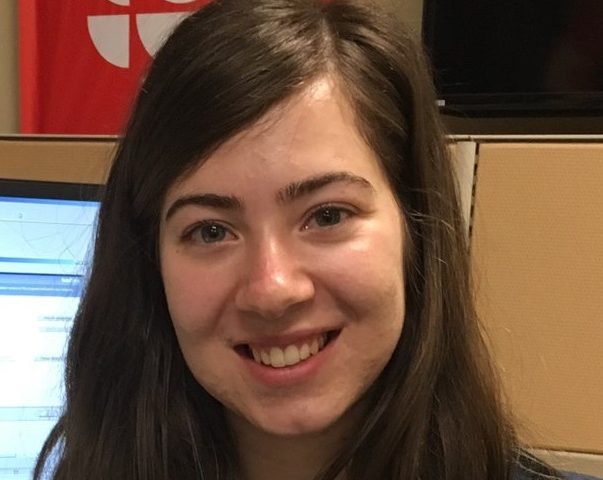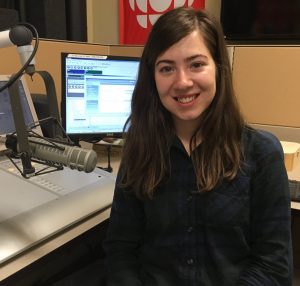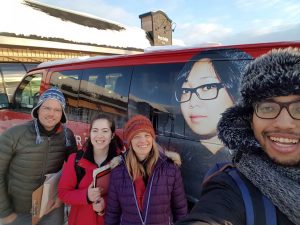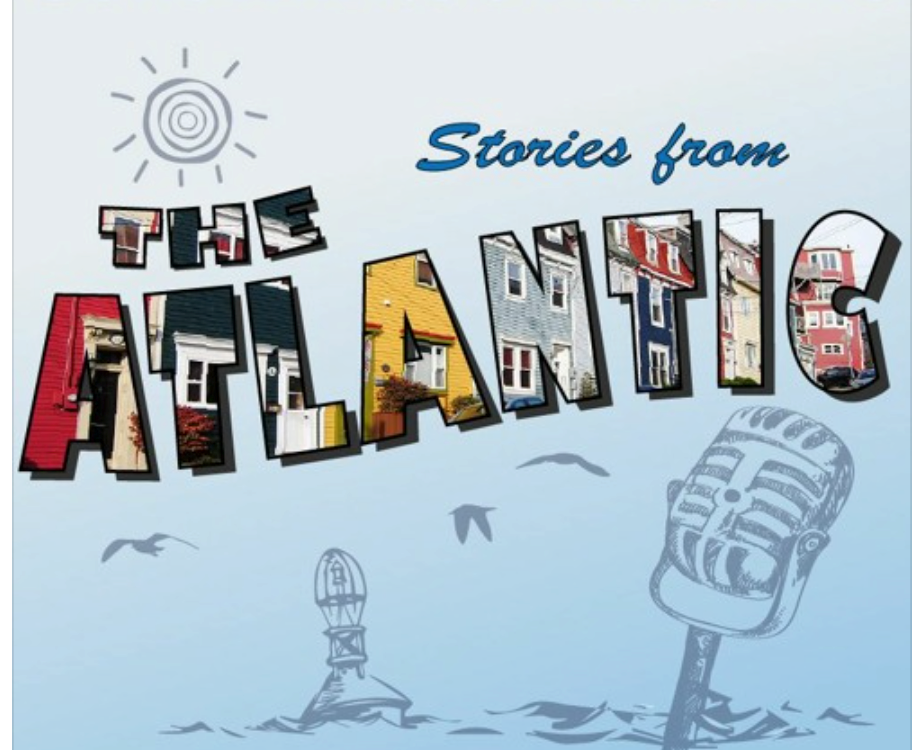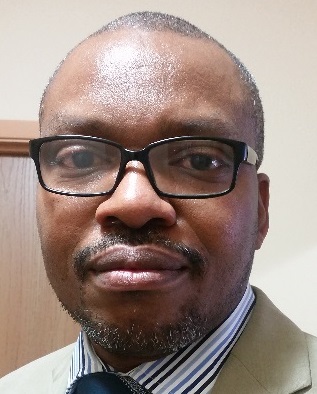
2017 Conference | Ninth International Conference on Climate Change: Impacts & Responses
April 28, 2017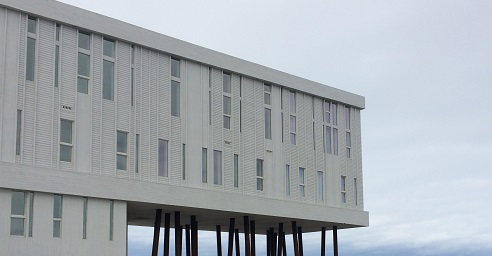
April 2017 Researchers Visit Fogo Island
June 2, 2017MAEP student Leanna Butters was featured on CBC Corner Brook’s Morning Show on Monday, March 13th about her research in Deer Lake. CBC NL’s Brian McHugh heard about her ongoing research study, which is assessing the impacts of fly-in/fly-out (FIFO) work on built space and the overall development pattern in the town of Deer Lake, and asked her to give an interview on the daily Morning Show with Bernice Hillier. With the cooperation of the Town of Deer Lake, Butters is currently conducting door-to-door surveys in the community to gauge whether new home construction and renovations can be linked to the incidence of FIFO workers who are thought to be moving to the community from elsewhere in the province to access the airport for fly-in/fly-out (FIFO) long-distance commuting. The research is part of the national SSHRC and RDC-funded On The Move Partnership , which investigates the role of employment-related geographic mobility (E-RGM) in community development. This study also involved an internship with the Town of Deer Lake and ongoing semi-structured interviews with community stakeholders and residents.
Braving the Western Newfoundland winter conditions, Butters and a team of fellow graduate students from the Environmental Policy Institute caught the attention of Deer Lake residents and CBC. The CBC interview with Butters took place in-studio in Corner Brook. She was invited to speak about the topic of her research and also shared some anecdotal findings. For instance, Butters suggested that her encounters so far indicate
that FIFO is acknowledged by people living in Deer Lake as a necessity – that if people want to stay home in Deer Lake, or want to maintain connections to their culture and heritage in Newfoundland and Labrador, FIFO provides them an opportunity to do so amidst a lack of economic opportunities in the province. While the overall impact of FIFO on built space is not yet clear, she is hoping that, once complete, the surveys and interviews collected will shed light on planning/land-use changes in the community and how FIFO has and may continue to impact the community more broadly.

